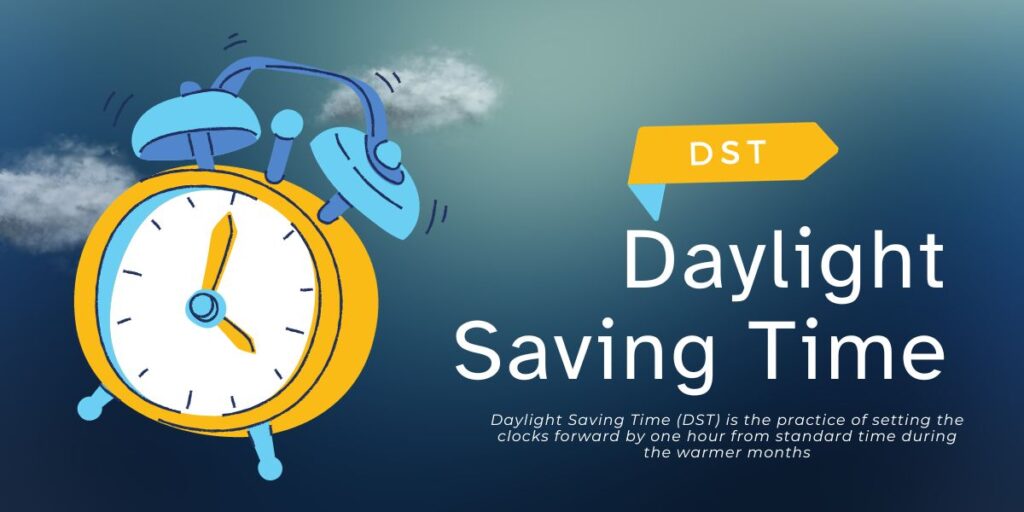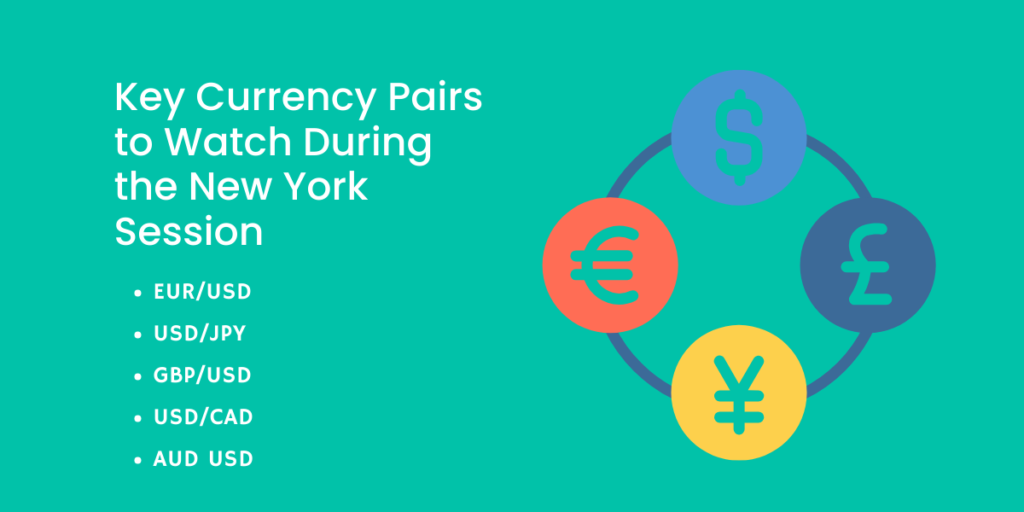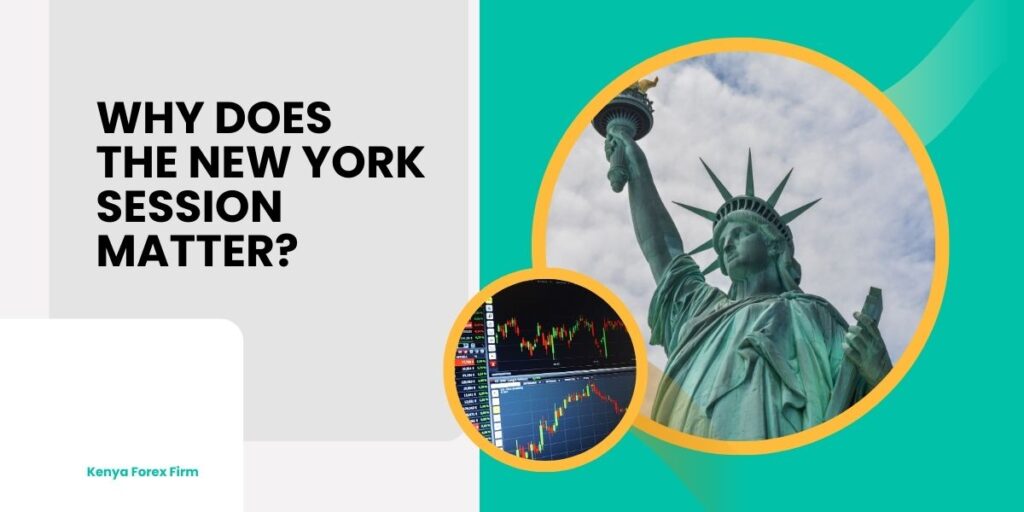The New York forex session is one of the four major trading sessions in the forex market, alongside Sydney, Tokyo, and London.
- The New York forex session runs from 4:00 PM to 12:00 AM Kenyan time (GMT+3).
- This session is a golden opportunity for us Kenyan traders. It’s when the financial giants of Wall Street come to play, and the market volume surges.
- Nearly 17-18% of all forex transactions happen during this session
- It is known for its high liquidity and volatility, offering ample opportunities for traders worldwide, including those in Kenya .
| Forex Session | Open Time (Kenya) | Close Time (Kenya) | Trading Volume | Key Characteristics |
|---|---|---|---|---|
| New York Session | 4:00 PM | 12:00 AM | 17-18% of all forex transactions | High liquidity and significant movements in currencies pegged against the US dollar |
Our aim is to provide you with a comprehensive, clear, and actionable insight into the New York trading session, ensuring that when 4:00 PM EAT rolls around, you’re not just ready; you’re ahead of the game.
When Does New York Session Open in Kenya?
During the non-daylight saving period (usually from November to March), the New York Forex Session opens at 4:00 PM East Africa Time (EAT) in Kenya. During daylight saving time (usually from March to November), the New York Forex Session opens at 3:00 PM East Africa Time (EAT) in Kenya.
The New York forex session opening time may seem a bit late in the day for forex traders in Kenya, but it offers unique opportunities for us to capitalize on the market movements, especially for currencies pegged against the US dollar.
What makes this session vital for you? And how can you, as a Kenyan trader, optimize your trades during the New York session forex time? Here’s a deep dive into the heart of the New York Forex session and how you can make the most of it.
The overlap between the London and New York sessions (from 4:00 PM to 8:00 PM Kenyan time) is one of the best times to trade due to the high liquidity provided by the two largest forex markets.
Secondly, major economic news from the US, which can significantly impact the forex market, is released during the New York session. This means that trading during this session can provide more opportunities for profit.
New York Session Forex Time in Kenya
The New York Forex session, which represents the opening of the U.S. market, starts at 8:00 AM Eastern Standard Time (EST). Kenya operates on East Africa Time (EAT), which is 8 hours ahead of EST.
Therefore, when it’s 8:00 AM EST in New York, it’s 4:00 PM EAT in Kenya.
- The New York session opens at 8:00 AM EST (Eastern Standard Time) and wraps up around 5:00 PM EST.
- For Kenyan traders operating on East Africa Time (EAT), this translates to approximately 4:00 PM to 1:00 AM EAT.
Important Reminder: Always factor in the Daylight Saving Time adjustments in the U.S. Depending on the time of the year, the start and end times for the session might shift by an hour.
Daylight Saving Time in the New York Forex Session
Daylight Saving Time is an initiative where clocks are set forward by one hour from Standard Time during the warmer parts of the year (usually summer) and then set back again in the colder periods (usually winter).

The United States usually begins observing DST on the second Sunday of March and ends on the first Sunday of November. Here’s how it affects you:
- Shift in Trading Hours: With the U.S. moving its clocks an hour ahead, the usual 8-hour difference between EST and EAT shrinks to 7 hours. This means, that instead of the New York session opening at 4:00 PM EAT, it would commence at 3:00 PM EAT during this period.
- Potential for Increased Volatility: As the overlap between the London session and the New York session might slightly change due to the DST adjustments in either region, you might witness different volatility patterns.
- Altered Economic Data Release Times: Crucial U.S. economic indicators released during the New York session might now be available an hour earlier in Kenyan time. Staying updated with these shifts ensures you’re always ready to act on fresh market data.
The key to trading success is consistency. Just as you’d consistently monitor market indicators, ensure you’re periodically checking and adjusting for time differences, especially around the DST transition periods. Here are a few tips that might help you adjust:
- Digital Calendar Alerts: Utilize tools like Google Calendar or Apple’s iCal to set recurring yearly reminders about the start and end of DST in the U.S.
- Forex Platform Notifications: Many advanced forex trading platforms offer alerts for global market time changes. Ensure that you enable these notifications.
- There are dedicated Forex websites and tools that provide real-time information on trading sessions. These sites often auto-adjust for DST, ensuring you always know the “New York session forex time in Kenya” accurately.
- Engaging in online forex communities, forex forums, or social media groups can be beneficial. Often, members post reminders about impending time changes in major trading hubs.
New York Trading Session Overlaps with Other Sessions
The intricate dance of global Forex sessions ensures there’s always a market open somewhere, with each session bringing its unique flavor and opportunities. But it’s the overlaps – those magical windows when two sessions run concurrently – that often become the focal point of significant activity.
Why Overlaps Matter
Understanding the precise timings of session overlaps, particularly the New York trading session time in Kenya, can be the difference between seizing a profitable opportunity and missing the boat. So, before we dissect the specifics, it’s crucial to understand why session overlaps are significant:
- Increased Liquidity: Overlaps generally mean that more traders are active in the market, which leads to higher trading volumes.
- Heightened Volatility: With more traders comes more substantial price movements, which can be a boon for intraday traders.
- More Trading Opportunities: Key economic news from two regions might be released simultaneously, affecting currency pairs deeply.
The Key Overlap: New York and London
The New York and London sessions have a considerable time overlap, which is widely regarded as one of the most liquid and volatile periods in the Forex trading day.
With the two largest financial centers active simultaneously, you’ll witness high liquidity, significant price fluctuations, and multiple trading opportunities. It’s an excellent time to capture potential market moves, especially with significant economic news often being released.
- New York Session: Starts at 8:00 AM EST.
- London Session: Ends at 12:00 PM EST.
- For Kenyan traders, the New York-London overlap is from 4:00 PM EAT to 8:00 PM EAT.
For you, the Kenyan trader, this means the overlap occurs from 4:00 PM EAT (when the New York forex trading session opens) to 8:00 PM EAT (when the London session concludes). This four-hour window is a golden period where major currency pairs, especially those involving the EUR, GBP, and USD, see significant movements.
Note on Daylight Saving: Remember that Daylight Saving Time can shift these timings by an hour. When DST is in effect, the overlap might start at 3:00 PM EAT.
Read More about the London Session Forex Time in Kenya.
New York’s Lesser Overlap with Tokyo and Sydney
While the overlap between New York and London is the most pronounced, the New York session also slightly overlaps with the tail end of the Sydney session and the beginning of the Tokyo session.
- The Tokyo session (Asian Session) operates from 7:00 PM to 4:00 AM EST. Given the New York session begins at 8:00 AM EST, there’s a brief overlap of just one hour. For you in Kenya, this short overlap happens from 4:00 PM to 5:00 PM EAT.
- While not as volatile as the London-New York overlap, this window offers insights into Asian market reactions to U.S. news or economic releases. For traders looking at JPY pairs or anticipating moves based on Asian market sentiment, this is your window.
- The Sydney session starts around 5:00 PM and ends at 2:00 AM EST. With New York opening at 8:00 AM EST, there’s no direct overlap between the two. However, understanding the tail end of Sydney’s activity can provide context as you step into the New York session. By 4:00 PM EAT, when the New York session is taking off, Sydney’s session is winding down.
- Sydney Session: Ends at 9:00 PM EAT.
- Tokyo Session: Starts at 7:00 PM EAT.
While these overlaps are shorter and perhaps less significant than the London-New York window, they still provide unique trading opportunities, especially for pairs involving the AUD, NZD, and JPY.
You can learn more about the Asian Session Forex Time in Kenya here.
Late Hours for Kenyan Traders and the New York Session Time in Kenya
While the Forex market never sleeps, traders do. Trading during the New York session means that Kenyan traders often find themselves monitoring market movements and executing trades when they might typically be relaxing, spending time with family, or even preparing for bed. This clash between the prime trading window of the New York session and personal downtime can be taxing.
For traders who have daytime jobs or businesses, staying alert and proactive during the late hours, after already having a full day, can be exhausting. Consistent trading during these times can lead to fatigue, which might result in hasty decisions or overlooked market signals.
Potential Solutions
While the timing challenge is real, there are strategies to navigate this:
- Automated Trading: Utilize trading bots or algorithms to execute trades based on pre-set criteria. This way, even if you’re not actively monitoring the market, your trading plan is still in action.
- Set Alerts: Use trading platforms to set up notifications or alerts for specific market movements or price levels. This ensures you don’t miss critical trading opportunities.
- Flexible Schedules: If possible, consider adjusting your daily routine slightly. Perhaps a short nap in the afternoon can make evening trading more manageable.
- Collaborative Trading: Engage with a trading community or partner. Sharing the responsibility can help in keeping track of the market without feeling overwhelmed.
Best Currency Pairs For the New York Forex Trading Session
Understanding the New York session forex time in Kenya isn’t just about the clock; it’s about knowing where the action is. By keeping a close eye on these key currency pairs, you position yourself to seize the myriad opportunities the markets present.

1. USD/EUR: The Titans Clash
When New York wakes, Europe is still very much active. The U.S. Dollar (USD) and the Euro (EUR) are two of the most traded currencies worldwide. This pair experiences increased liquidity and volatility during the overlap with the European session.
Why Watch? Economic data releases from both the U.S. and the Eurozone can lead to significant price movements, offering potential profit opportunities.
Tip for you: Monitor European economic releases early in the Kenyan afternoon to anticipate potential impacts on this pair during the New York session.
2. USD/JPY: The East Meets West
Even though the Tokyo session concludes before New York opens, the lingering effects of Asian market decisions often reverberate into the New York session. The USD/JPY is sensitive to U.S. economic data and overall risk sentiment.
Why Watch? Japan boasts the third-largest global economy. When American economic news is released, the USD/JPY pair can experience increased volatility. It’s a barometer of overall market sentiment. A risk-on environment might see the currency pair rise, while risk-off scenarios could lead to declines.
3. USD/CAD: The Neighborly Ties
Often termed as the ‘Loonie’, this pair signifies the economic relationship between the U.S. and Canada. With Canada’s economy heavily reliant on commodity exports, especially oil, any significant price shifts in commodities can influence this pair during the New York session.
Why Watch? Any changes in the oil price or major economic announcements from either country can result in noteworthy price actions.
Tip for you: Besides tracking general U.S. economic data, keep an eye on global oil price shifts. A sharp move in oil prices can reflect in the USD/CAD pair, presenting trade opportunities.
4. USD/GBP: The Old World-New World Dynamic
Known as the “cable,” this pair benefits from the overlap of the New York and London sessions, leading to enhanced liquidity and potential trading opportunities for the USD/GBP. The British Pound (GBP) remains one of the heavyweight currencies.
Why Watch? Key economic releases from the UK or political developments (like Brexit updates in recent years) can lead to dynamic shifts, especially when combined with U.S. data.
5. AUD/USD (Australian Dollar/US Dollar)
Why it matters: The “Aussie” can be affected by commodity prices, especially metals like gold and iron ore, which Australia exports in large quantities.
Tip for you: Observe commodity market trends and Chinese economic data. China is a significant trade partner for Australia, so its economic health can impact the AUD/USD pair.
6. Cross Pairs without the USD
Given the high liquidity during the New York session, pairs like EUR/JPY, GBP/JPY, and EUR/GBP can also show significant movements.
Why Watch? Diversifying beyond currency pairs involving the USD allows you to capitalize on broader global economic developments, particularly when significant news breaks in Europe or Asia.
By focusing on the key currency pairs listed above and tailoring your strategies to the unique dynamics of the New York session forex time in Kenya, you can position yourself for heightened success in the forex market. Always remember: knowledge is your most valuable currency.
Why the New York Trading Session Matters

Why does the New York session forex time hold such weight, especially for successful forex traders in Kenya?
The New York trading session isn’t just another time slot in the forex market; it’s an important trading window that can shape your trading outcomes. By aligning your strategies with the dynamics of this session and understanding the New York trading session time in Kenya, you can tap into a reservoir of opportunities that cater to your trading goals.
1. Epicenter of Global Finance: The New York trading session is synonymous with the financial heartbeat of the world’s largest economy – the United States. Wall Street, often referred to as the financial capital of the world, springs to life during this session. This bustling activity has a direct influence on currency pairs, especially those involving the US dollar (USD).
2. High Liquidity and Volatility: The New York session overlaps with the London session, another heavyweight in the Forex market. This overlap results in increased trading volume and liquidity. For you, this means a plethora of trading opportunities as currency pairs tend to experience significant price movements during these hours.
3. Major Economic Announcements: The U.S. economic calendar is packed with critical data releases that occur during the New York trading session. From Non-Farm Payroll reports to Federal Reserve announcements, these data points can lead to sharp market movements. Being aware of the “New York trading session time in Kenya” helps you to anticipate and strategize around these releases.
4. USD Dominance: Given that the USD is a part of almost 88% of all forex trades, its movements are paramount to the market. The New York session offers a front-row seat to the action, allowing you to gauge and react to the strength or weakness of the dollar.
5. Overlap with Other Sessions: Apart from the London session, the New York session also sees some overlap with the late Asian session. This confluence of multiple major markets provides diverse trading opportunities, encompassing a broader spectrum of economic factors and sentiment.
What Time Does New York Session Open in Kenya?
The New York session opens at 4:00 PM EAT (East Africa Time) in Kenya. This session begins at 8:00 AM EST (Eastern Standard Time). Given that Kenya is 8 hours ahead of EST, this translates to a 4:00 PM start time in EAT. However, it’s crucial for traders to be mindful of the Daylight Saving Time (DST) adjustments in the U.S. Depending on the time of year, the start time for the session in Kenya might shift by an hour.

